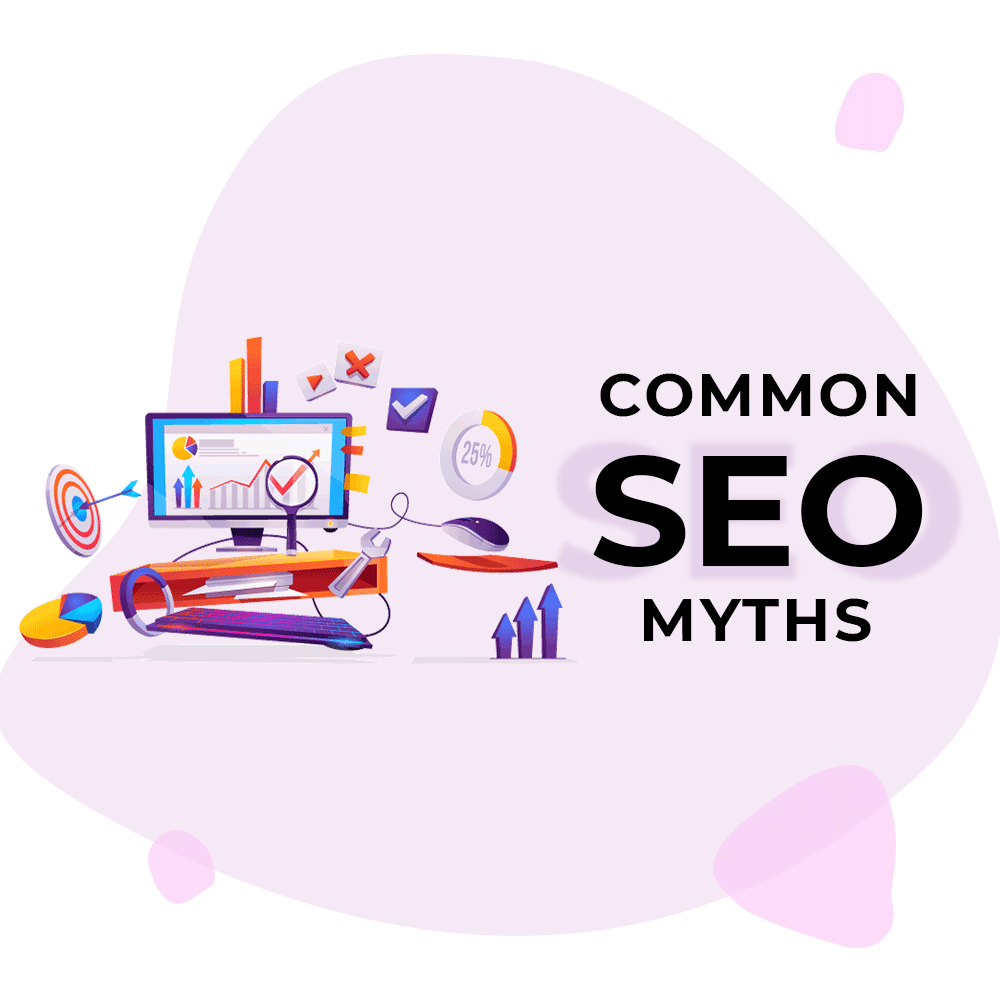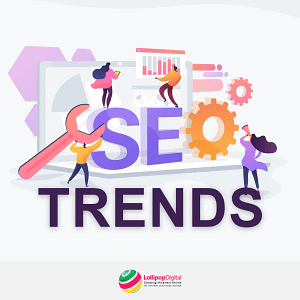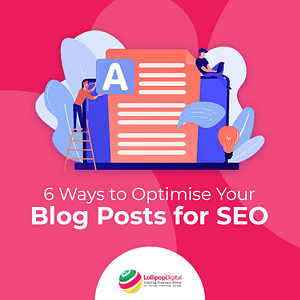
Over a decade ago, SEO was something that only a few truly understood. Before, it was a hit and miss, and when it worked, people suddenly called themselves experts. However, these days, SEO is a combination of art and science. Those tactics that worked in the past fail to reap the same results that they once did. User experience and quality content are now taking the spotlight. Moreover, there are fewer “tricks” that you can use to catapult your site to the top of search engine results.
Now, you might hear a lot of ‘good’ advice going around about SEO. And while a few of them are legitimately good tips, some of them may come from the strangest places. Naturally, SEO myths will also abound.
What Dangers Do SEO Myths Bring?
You need to be careful not to believe everything you read about SEO on the Internet. We understand why you may be interested in digesting everything you hear. After all, many of us don’t exactly understand how search engines work. Even SEO specialists who have been in the industry for years end up doing some educated guesswork.
When you’re trying to learn about SEO, it can be challenging to prove all the claims you read online. Naturally, this is when SEO myths start to take hold. As a result, all the effort, money, and time you invest will simply go to waste. Thankfully, with some careful consideration, you can bust these legends. In this post, we’re going to discuss some of the most common myths related to SEO.
Myth 1. Keyword Research Is Not Important
It may seem unbelievable, but many people neglect keyword research when planning their SEO campaign. Some even think that they do not need to know about supplemental keywords because they know their brand and keywords that well. In reality, if you don’t have accurate data about the keyword, you won’t have the numbers to support it. Moreover, you’ll be setting your page to rank for a single keyword, which can end up limiting its visibility.
Myth 2. Focus on Links—Not on Content
Algorithm updates from Google—including Penguin, Panda, and Hummingbird—indicate that it’s not enough to get links back to your site. Of course, once you’ve hired a link builder, you would want them to increase the number of quality backlinks. However, you won’t maximise the value of those links if you don’t invest in good content. By creating excellent content, you can ensure that these backlinks will have a high CTR.
Myth 3. More Keywords Will Rank the Page Higher
Another common misconception is that the more keywords you integrate on a page, the higher it will rank in the search results. Some even repeat the exact same keywords throughout the content, believing that it is a way for Google to understand the relevance of a page to a search query. In reality, using the exact keywords will lead to keyword stuffing, which can be a negative factor in ranking. Moreover, if you overuse a keyword, Google may penalise your site. The web crawlers may view your strategy as a black hat technique.
Myth 4: PPC Advertising will Increase Your Organic Rank
Many believe that Google will favour their websites in the organic results if they invest in pay-per-click advertising. Well, this is another common SEO myth. Google uses a different algorithm for organic search results ranking. There’s a separate algorithm for determining placements for PPC ads. Of course, carrying out an SEO campaign while running PPC ads will benefit your site. However, it will not directly impact your organic search ranking.
Myth 5: The Meta Description and Title Tag Are Not Important
When a user sees your page on the search results, they will notice your title tag and meta description first. Many people believe that these do not need to be optimised, especially since Google explicitly mentioned that they do not directly affect SERP ranking. However, if you fail to optimise them, you won’t drive traffic to your page. After all, search engines still use title tags and meta descriptions to determine a page’s relevancy to a particular search query.
What’s more, all the efforts you’ve placed into on-page SEO will go to waste. Yes, your page will appear on the search results. However, will the user be curious enough to click through your link? If the title tag and meta description appears to a jumble of random words, the user will simply scroll on past your page.
Myth 6: Domain Authority Matters to Google
Google uses PageRank to measure a webpage’s importance and relevance. This link analysis algorithm used to be displayed in toolbars before 2013. However, in 2016, Google announced that it wouldn’t be using the PageRank toolbar metric moving forward. With PageRank gone, credible third-party organisations have developed metrics for determining domain authority. Some of the most popular ones include:
- Ahrefs – Domain Rating and URL Rating
- Moz – Page Authority and Domain Authority Scores
- Majestic – Citation Flow and Trust Flow
Most SEO specialists use these scores to determine a page’s value. However, it’s important to remember that these calculations will never accurately represent how a search engine determines a page’s relevance. In reality, Google representatives have long dispelled the notion of an ‘overall domain authority’.
Myth 7: SEO Is Something You Can Do on Your Own
With all the myths surrounding SEO, you can understand why it is such a complex and intricate marketing strategy. However, if you do it right, you can reap its many benefits. Now, if you do it on your own, the process can be overwhelming. Thankfully, you can rely on a digital marketing company like Lollipop Digital to help you manage your SEO campaign.
We offer comprehensive digital marketing services, including SEO. Our team consists of specialists who have helped numerous small to medium businesses in Perth rank high in search engine results pages. Contact Lollipop Digital now to get a free website analysis!






